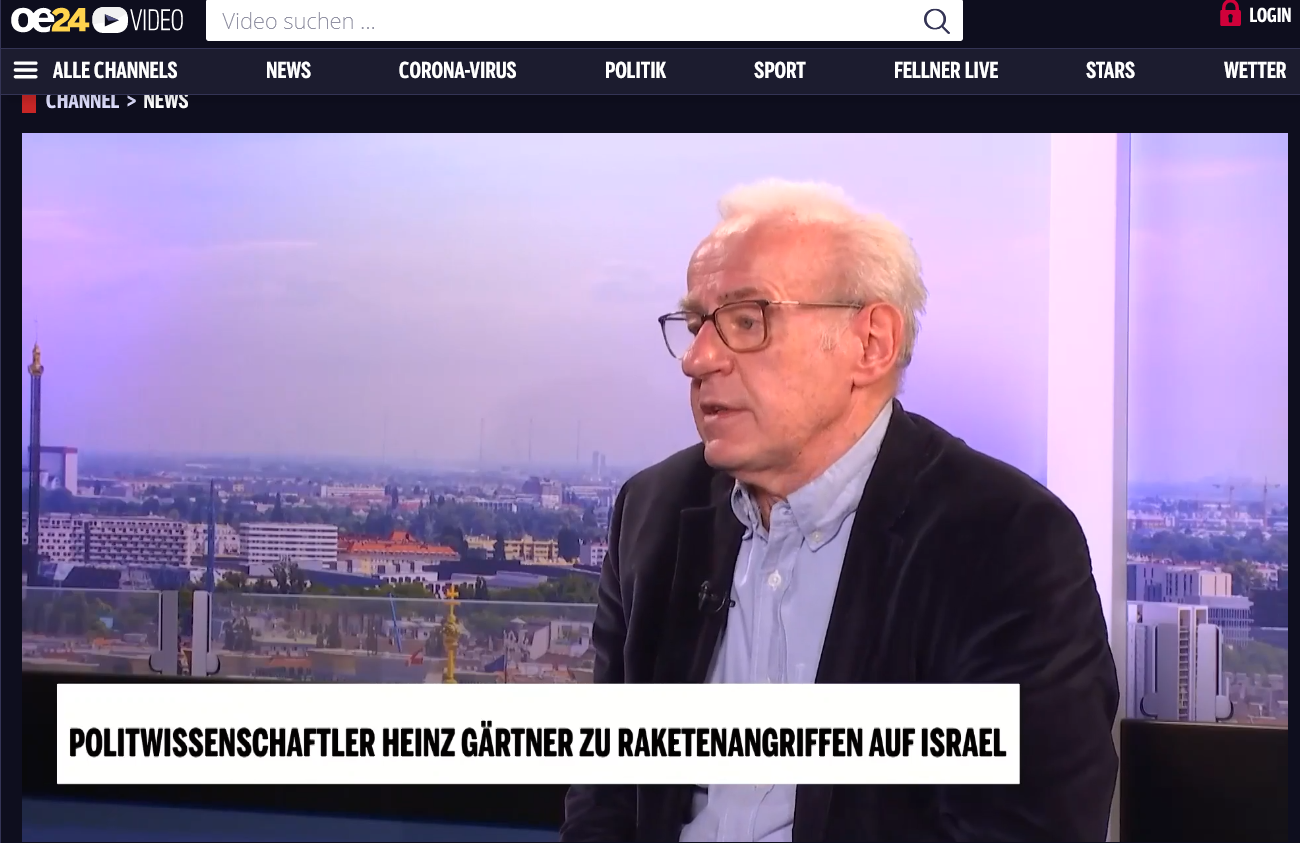In July 2021, Slovenia will hold the Presidency of the Council of the EU for the second time. The European Union will still have to cope with the effects of the Covid-19 pandemic, which surely was the biggest challenge for its predecessors, Portugal, and Germany, with which Slovenia forms a trio to ensure a more consistent collaboration on the priorities which will be EU Green Deal, Rule of Law and Security of the EU. However, in June 2021 we are also commemorating the Break-Up of Yugoslavia. The Western Balkan countries still face many challenges related to its past. Reconciliation did not sufficiently happen; borders are still disputed, and nationalism is on the rise. While the commission declared a geopolitical orientation of the EU in the years to come, we can witness a “geopoliticalization” in the region with old and new actors entering the scene, mainly Russia, China, the Arab Emirates, who are challenging the European value-based approach towards the region.
Europe First? Joe Biden auf außenpolitischer Mission (Heinz Gärtner bei Journal-Panorama OE1)
Ist es dem US-Präsidenten gelungen, die durch seinen Vorgänger Donald Trump schwer ramponierte transatlantische Achse wieder zu stärken? Welche Konflikte zwischen Amerika und Europa bleiben auch unter Biden bestehen? Und was ist beim Russland-USA-Gipfel herausgekommen? Die Beziehungen der beiden Länder sind ja, so die Einschätzung beider Präsidenten, auf einem Tiefpunkt. Wie kann es nun weitergehen?
Heinz Gärtner on the Austrian - South Korean relations 🎬
[TALKING GEOPOLITICS] With Prof. Heinz Gaertner On Iran Nuclear Deal And The West
“In today’s podcast episode, we are pleased to be joined by Dr. Heinz Gaertner, Lecturer in the Department of Political Science at the University of Vienna and at Danube University. Our conversation touched on the Vienna talks identifying possible relaunch of the Joint Comprehensive Plan of Action (JCPOA), also known as the Iran Nuclear Deal. Over the course of this podcast, Dr. Gaertner examined the possible implications of the negotiations in Vienna, as well as the fate of the JCPOA, which appear to be at a crucial stage.” - Vocal Europe
PART III: Geopolitical Struggle for the Black Sea Region - EU´s role in the Black Sea Region 🎬
The shores of the Black Sea bring together countries of diverse economic, political and cultural orientations. Bulgaria and Romania are EU and NATO members, while Turkey is a NATO member and a prominent actor in the Middle East. Russia is the biggest regional power with a strong military presence and political clout in the Black Sea, the Caucasus, the Middle East and Eastern Europe. Georgia, Moldova, and Ukraine have problematic relations with Russia, and they aspire for closer ties with the EU and NATO. Armenia and Azerbaijan are less ambitious with regard to the EU and look towards other regional actors, namely Russia and Turkey respectively. Considering these diverse and sometimes adversarial relations, does the Black sea unite or separate the countries on its coast and its wider regional context?
Heinz Gärtner zu Raketenangriffen auf Israel 🎬
SRF PODCAST MIT ANGELA KANE: Hat die Uno ein Frauenproblem?
China and Multilateralism: China after the 13th National People's Congress (NPC) 🎬
The 13th National People's Congress was held in Beijing mid of March 11, 2021. The panelists look at its results. At the domestic level, the NPC adopted a Five-Year-Plan for National Economic and Social Development and the Long-Range Objectives through 2035. It passed a decision on adapting the electoral system of the Hong Kong Special Administrative Region. The panel will also ask how resilient China is against the pandemic.
Promising Talks on Iran’s Nuclear Program Resume in Vienna
Under the chairmanship of the European Union, talks about Iran`s nuclear program began again in Vienna on April 7. These talks focus on the technical details on how to re-implement the “Joint Comprehensive Plan of Action” (JCPOA), within the framework of the JCPOA Joint Commission.
IIP TALK - What Future for Albania? Reflection on the Election Results 🎬
Once again, on the 25th of April this year the Albanians elect 140 members of a new parliament and a new government. The deep polarization in the last elections (2017) led to the opposition members to leave the parliament in February 2019 due to claims of voter fraud and government corruption. This strengthened even more the existing polarization between position end opposition. The, on purpose created, tense pre-election atmosphere did not help but increased incidents and heated debates. The leader of the ruling Socialist Party and Prime Minister Edi Rama argues that he needs a third term to “finish what he started” while the leader of the Democratic Party (Opposition), Lulzim Basha, wants to change Albania. In the slow election count the current Prime Minister takes a lead, yet it is still a tight race to secure a majority in parliament.





![[TALKING GEOPOLITICS] With Prof. Heinz Gaertner On Iran Nuclear Deal And The West](https://images.squarespace-cdn.com/content/v1/58a2c691b3db2b3c6990193a/1622451552209-OW64SF1YE8FWFCDOVWKO/iran-2697408_1920.jpg)





